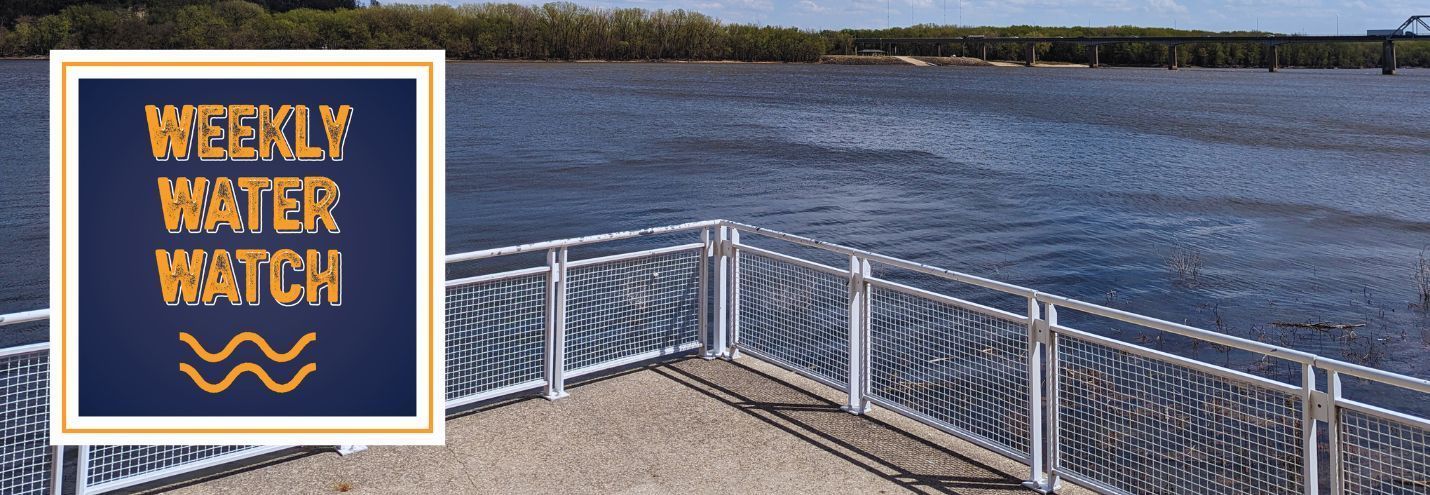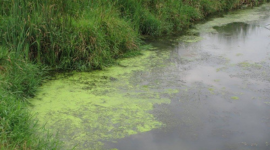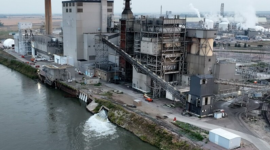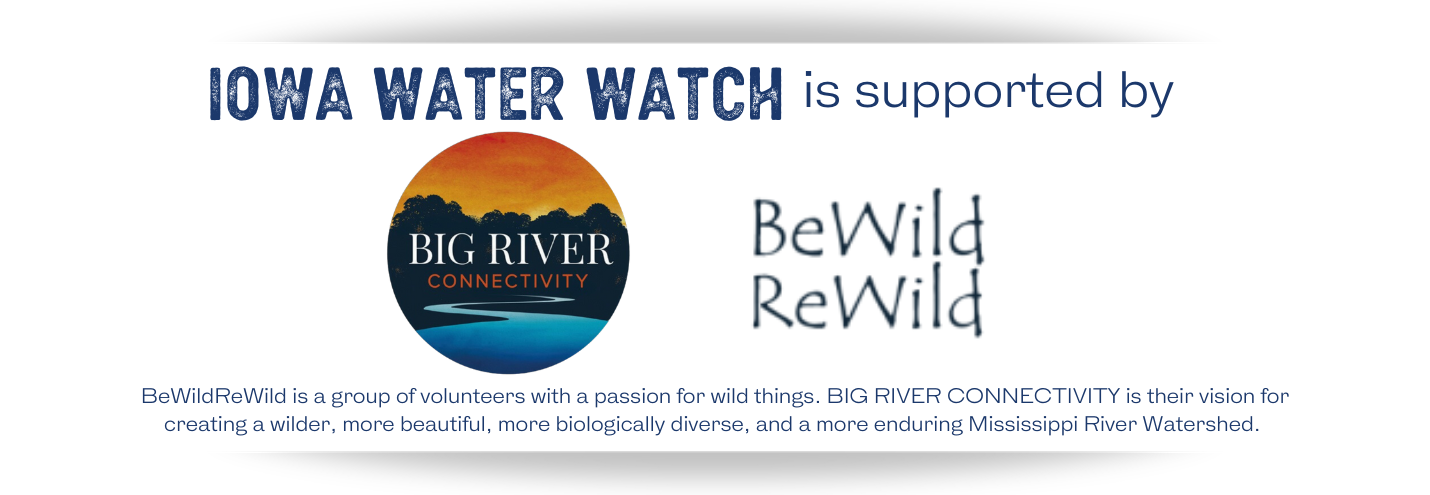|  | | New Blog: When Politics Prevent Water Protections |
| As a statewide organization, most of IEC’s work focuses on state actions – but sometimes, the state is unwilling to do what needs to be done. In April, the state Environmental Protection Commission adopted rules for animal feeding operations that did not include protections that DNR itself identified were necessary. In response, IEC filed a petition for emergency action under the Safe Drinking Water Act, asking EPA to step in and protect drinking water in northeast Iowa. We did not take this action lightly. It followed years of effort to convince the state to protect its residents from water pollution. IEC has worked to prevent water pollution from concentrated animal feeding operations (CAFOs) in karst terrain for years. The effects in karst terrain are important because of the added risk there. It’s where limestone and other soluble rock can form sinkholes, caves, and fissures that connect surface water directly to groundwater. Just like exploring caves, the karst terrain brings risks: easy access to groundwater means the pollutants get in easily, too. Following our efforts to stop Supreme Beef from operating a massive cattle feedlot in Clayton County, we argued to DNR that the department needed to do more to protect sensitive terrain. Following our petition for rulemaking to protect karst in 2021, DNR created an expert team to study karst terrain and make recommendations for CAFOs sited there. The team concluded that DNR needed to adopt stronger rules to prevent water pollution from CAFOs, and DNR started a rulemaking process. Throughout the rulemaking process, IEC and our partners filed many sets of comments. We asked for some of the same things the karst team recommended – not building manure basins right on top of karst, for example. The DNR proposed rules that were not everything we asked for, but would be better than existing standards. We were hopeful that the petition might actually lead to stronger rules. |
| |
|
| | Support our work for safe drinking water by donating to the Clean Water and Land Stewardship program. We can only continue our efforts to hold decision-makers accountable and take actions like filing petitions with financial support from friends like you. |
| | | | |  | IA Firm Files Lawsuit Challenging Swampbuster Provision CTM Holdings, a corporation with 1,075 acres of Iowa farmland with 9 acres of wetlands, is suing the U.S. Department of Agriculture over the federal government's 1985 Erodible Land and Wetland Conservation and Reserve Program in an effort to farm on nationally designated wetlands. The Program, also known as the "swampbuster" provision, discourages farmers from altering protected wetlands by withholding Federal farm program benefits from producers that do not comply, such as USDA loans and crop insurance support. These benefits are only forfeited if a farmer chooses to drain or fill designated wetlands to be converted for agricultural use. "Swampbuster" is intended to preserve land that protects essential natural resources providing benefits, such as flood control, water purification, and habitat for wildlife, while limiting farming on unstable terrain. Over half of American wetlands have been lost to drainage and filling, often at the hands of agricultural practices. "Swampbuster" seeks to protect remaining wetlands from a similar fate, which is especially important following the 2023 ruling in Sackett vs. EPA that left many wetlands unprotected under the Clean Water Act. The law firm representing CTM Holdings is the same firm that won the case for the Sacketts. (Photo from the CTM Holdings wetland property in Delaware County, courtesy of U.S. District Court filings) |
|
|
 | Tradeoff: Alleviated drought, increased nitrates For the first time in four years, Iowa is no longer experiencing severe or extreme drought, according to the U.S. Drought Monitor. Storms throughout the state brought substantial rainfall over the past two months. You may have noticed local flooding, high rivers, and aggressive buffalo gnats. This heavy rainfall alleviated drought, but it also brings a costly tradeoff. Runoff from agricultural fields created an "epic uptick" of nitrate pollution in surrounding waterways. In the Raccoon River, for example, the Des Moines Water Works collected nitrate water samples surpassing 15 parts per million in May, while they only sampled 1 part per million in March. In order to continue to meet the drinking water standard for nitrate, Central Iowa Water Works & Des Moines Water Works customers are recommended to reduce or hold off on lawn watering altogether. According to Ted Corrigan, Des Moines Water Works CEO, "We just don't have enough nitrate removal capacity to meet peak demand conditions with high nitrates in our source waters." | |
|
|
 | New coal ash regulations protect Iowans from pollution New EPA regulations about coal ash will have an immediate impact in Iowa. On May 3rd, IEC submitted public comments on a draft permit that proposed to allow discharges of coal ash leachate upstream from the drinking water intake for Ottumwa. The new EPA regulations, adopted during the permit’s public comment period on April 25th, will prohibit the discharges in the proposed permit. After IEC submitted comments, Alliant withdrew its request to discharge the coal ash water. The Ottumwa coal plant, operated by Alliant Energy, is one of five coal plants majority-owned by MidAmerican Energy in Iowa. Coal’s contribution to climate change is widely known, but the public understands less about the toxic solid waste byproducts and threats to drinking water sources. Iowa’s coal plants produce a lot of waste each year: estimated at more than 160,000 tons in 2020 alone. That’s heavier than the world’s largest aircraft carrier or 1,000 blue whales. Read IEC's full statement about Iowa's new coal ash regulations on our website. |
|
|
| |  | | What's new in Iowa's water news: |
|
|
| | |  | | | Iowa Environmental Council
505 Fifth Ave., Suite 850
Des Moines, Iowa 50309-2317
515-244-1194 | iecmail@iaenvironment.org |
|
|
|
|
|